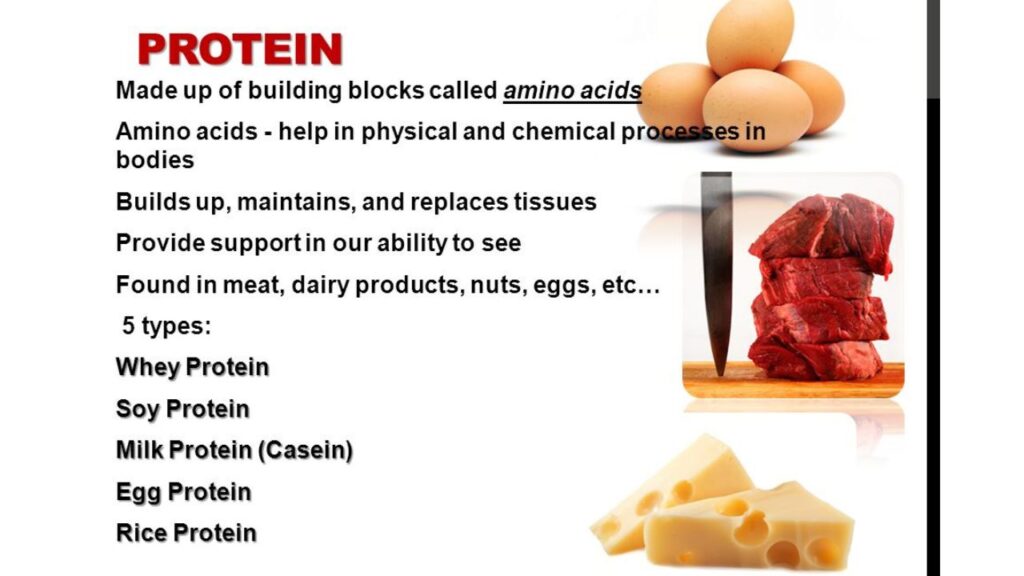“Diet for Dialysis Patients with Diabetes” is delicate, combining meticulous diabetes management with the unique challenges of dialysis.
The importance of a specialized diet cannot be emphasized because it is essential tocontrolling blood sugar levels, maintaining kidney function, and ensuring overall health.
The Unique Needs
The unique needs encapsulate the distinctive requirements and considerations that set individuals or situations apart from the norm. In various contexts, this phrase signifies a recognition of specific challenges, preferences, or characteristics that demand tailored attention and understanding.
Whether applied to healthcare, education, or business, acknowledging “The Unique Needs” emphasizes the importance of personalized solutions and approaches. For instance, patients with specific medical conditions may have unique needs that necessitate individualized treatment plans.
Similarly, students with diverse learning styles may require customized teaching methods in education. This versatile term underscores the significance of recognizing and addressing the intricacies that make each circumstance or individual distinct, fostering inclusivity and effective problem-solving.
Key Nutritional Considerations
In managing health conditions like diabetes and undergoing dialysis, “Key Nutritional Considerations” takes centre stage. This crucial aspect of dietary planning involves a meticulous balance of macronutrients, focusing on controlling blood sugar levels while simultaneously addressing the unique needs of individuals undergoing dialysis.
The intricacies of this topic delve into the restrictions on phosphorus and potassium intake, highlighting the importance of tailored nutrition for those facing the dual challenges of diabetes and kidney issues.
Implementing these key nutritional considerations is pivotal in promoting overall well-being, supporting kidney function, and managing the complexities of these health conditions effectively.
The Role of Protein

Protein plays a pivotal role in maintaining overall health, and its significance becomes even more pronounced when considering the specific needs of individuals undergoing dialysis while managing diabetes. In the intricate dance of these two conditions, the role of protein extends beyond mere sustenance.
It functions as an essential component of the body, aiding in the repair and regeneration of tissues, a process essential for those grappling with the challenges of compromised kidney function and diabetes-related complications.
Moreover, the quality of protein sources is crucial, as high-quality proteins contribute to better health outcomes for individuals navigating the delicate balance of these dual health concerns. This section explores the nuanced importance of protein, offering insights into its indispensable role in supporting the well-being of dialysis patients with diabetes.
Managing Carbohydrates
In health and nutrition, “Managing Carbohydrates” is crucial for individuals navigating the complex landscape of diabetes and dialysis.
This concept involves a thoughtful and strategic approach to the intake of carbohydrates, considering their impact on blood sugar levels and overall health. For individuals facing the dual challenges of diabetes and dialysis, managing carbohydrates becomes a balancing act to maintain stable blood glucose while addressing the specific dietary restrictions imposed by kidney function.
This entails choosing complex carbohydrates over simple sugars, understanding the glycemic index, and incorporating a mindful approach to carb consumption. The article delves into the intricacies of this topic, providing practical insights and guidelines to empower individuals in crafting a diet that aligns with their unique health needs.
Healthy Fats for Heart Health
Healthy fats for heart health are a crucial aspect of maintaining overall well-being. In the realm of nutrition, it refers to the consumption of fats that contribute positively to cardiovascular health.
Unlike saturated and trans fats, which can harm the heart, healthy fats include monounsaturated and polyunsaturated fats. These fats are pivotal in lowering bad It serves as a crucial element of the promoting overall cardiovascular resilience.
Healthy fat sources include nuts, seeds, avocados, and fatty fish. rich in omega-3 fatty acids. Incorporating these fats into a balanced diet supports heart health, providing essential nutrients while helping to manage cholesterol levels and reduce inflammation in the cardiovascular system.
Sodium Restrictions
In dietary considerations for individuals undergoing dialysis, “Sodium Restrictions” emerges as a crucial focal point. Sodium, an essential mineral, can pose significant challenges for those with compromised kidney function.
This restriction is not merely about cutting back on table salt but involves a nuanced understanding of hidden sodium sources in everyday foods. Managing sodium intake becomes paramount to prevent fluid retention and maintain optimal blood pressure levels.
From deciphering food labels to adopting culinary alternatives, the journey of sodium restrictions is an exploration of healthier choices and a fundamental aspect of crafting a diet tailored to the unique needs of individuals balancing diabetes and dialysis.
Fluid Intake Guidelines
Fluid intake guidelines are crucial for individuals, especially those undergoing dialysis. These guidelines provide essential recommendations on how much fluid a person should consume to maintain optimal health, considering factors such as kidney function and overall well-being.
Managing fluid intake becomes particularly important for individuals on dialysis as the kidneys may struggle to eliminate excess fluids from the body. Striking the right balance between staying adequately hydrated and avoiding fluid overload is essential.
Fluid intake guidelines also help prevent complications like oedema and high blood pressure. Following these guidelines supports kidney health and contributes to managing conditions like diabetes, ensuring a holistic approach to well-being.
Meal Planning Tips

Meal planning tips are crucial in navigating the complex terrain of dietary management, providing individuals with practical strategies to optimize nutrition and streamline daily food choices.
In the realm of health, especially for those undergoing dialysis and managing diabetes simultaneously, effective meal planning becomes a cornerstone. These tips encompass a spectrum of considerations, from balancing macronutrients and controlling portion sizes to incorporating diverse and nutrient-dense foods.
A well-crafted meal plan helps maintain stable blood sugar levels and ensures that individuals receive the necessary nutrients while adhering to any dietary restrictions imposed by their health conditions. The art of meal planning empowers individuals to take control of their nutrition, fostering a proactive and sustainable approach to health and well-being.
Supplemental Support
In the complex landscape of managing health conditions such as diabetes and undergoing dialysis, “Supplemental Support” emerges as a crucial pillar in ensuring comprehensive care.
This term refers to integrating dietary supplements into the regimen to address specific nutritional needs that may be challenging to meet through conventional diet alone. For individuals navigating the intricacies of diabetes and dialysis, these supplements play a vital role in replenishing essential vitamins and minerals.
From bolstering bone health to supporting overall well-being, supplemental support becomes a personalized and targeted approach to bridge nutritional gaps, providing individuals with the necessary building blocks for optimal health. Consulting with healthcare professionals is paramount to tailor these supplements to individual health requirements, ensuring a holistic and effective approach to managing these complex health conditions.
Consulting with Healthcare Professionals
In the intricate landscape of managing health, the phrase “Consulting with Healthcare Professionals” stands as a beacon of wisdom and guidance. This crucial aspect involves seeking expert advice from medical professionals to navigate the complexities of individual health conditions.
Whether one is grappling with diabetes, undergoing dialysis, or facing the dual challenge of both, consulting with healthcare professionals ensures a tailored and evidence-based approach to care. This collaborative effort empowers individuals to make informed decisions about their well-being, taking into account personalized medical history, unique needs, and the latest advancements in healthcare.
From crafting specialized dietary plans to addressing specific health concerns, consultation with healthcare professionals plays a pivotal role in steering individuals toward optimal health outcomes.
FAQ
Can I follow a general diabetic diet if I’m undergoing dialysis?
While some principles overlap, it’s crucial to tailor your diet to the specific needs of both conditions. Seek individual advice from your healthcare team.
Are there any specific foods I should avoid completely?
Certain foods high in phosphorus and potassium may need restriction. Your healthcare team can guide you on suitable choices for your health status.
How can I incorporate exercise into my routine if I’m on dialysis?
Adapt your exercise routine based on your health condition. Consult with your healthcare team to create a safe and effective plan.
Are there any tasty recipes suitable for a dialysis and diabetes-friendly diet?
The article includes a sample meal plan with delicious and nutritious recipes tailored for individuals facing these health challenges.



